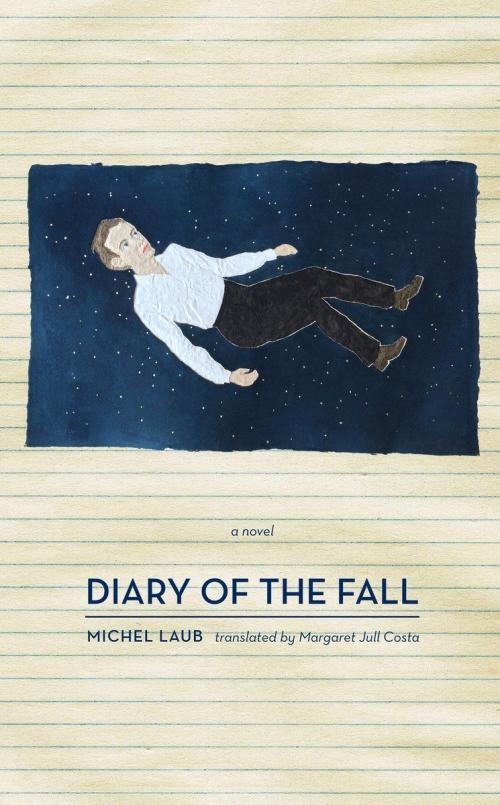1. My grandfather didn’t like to talk about the past, which is not so very surprising given its nature: the fact that he was a Jew, had arrived in Brazil on one of those jam-packed ships, as one of the cattle for whom history appears to have ended when they were twenty, or thirty, or forty or whatever, and for whom all that’s left is a kind of memory that comes and goes and that can turn out to be an even worse prison than the one they were in.
2. In my grandfather’s notebooks, there is no mention of that journey at all. I don’t know where he boarded the ship, if he managed to get some sort of documentation before he left, if he had any money or at least an inkling of what awaited him in Brazil. I don’t know how long the crossing lasted, whether it was windy or calm, whether they were struck by a storm one night in the early hours, whether he even cared if the ship went down and he died in what would seem a highly ironic manner, in a dark whirlpool of ice and with no hope of being remembered by anyone except as a statistic—a fact that would sum up his entire biography, swallowing up any reference to the place where he had spent his childhood and the school where he studied and everything else that had happened in his life in the interval between being born and the day he had a number tattooed on his arm.

